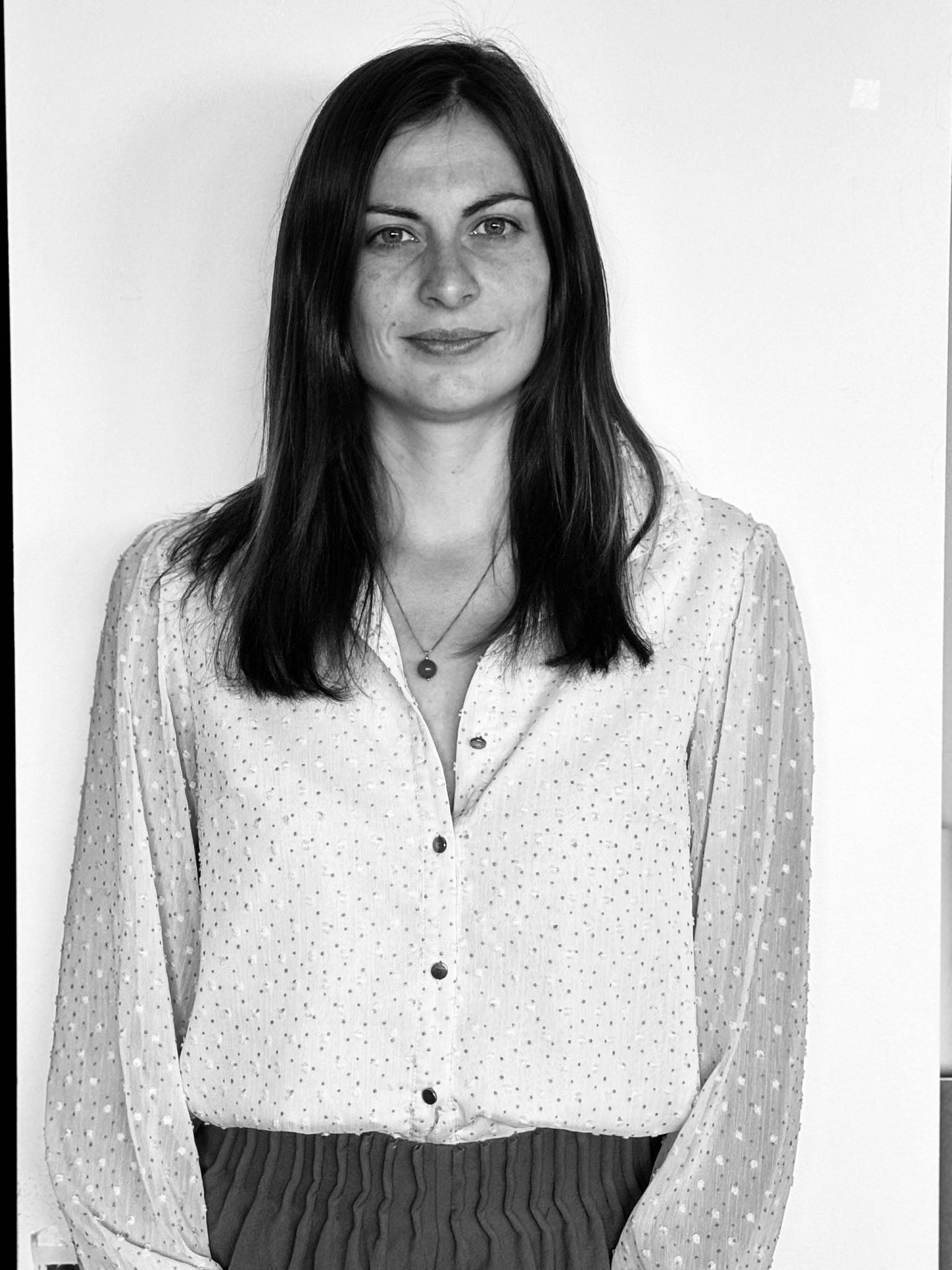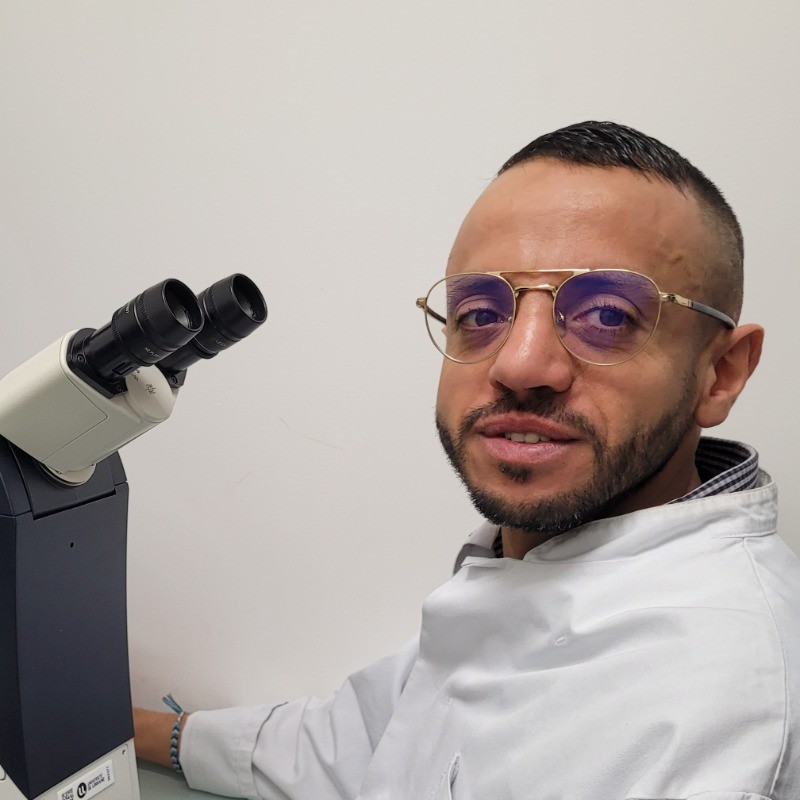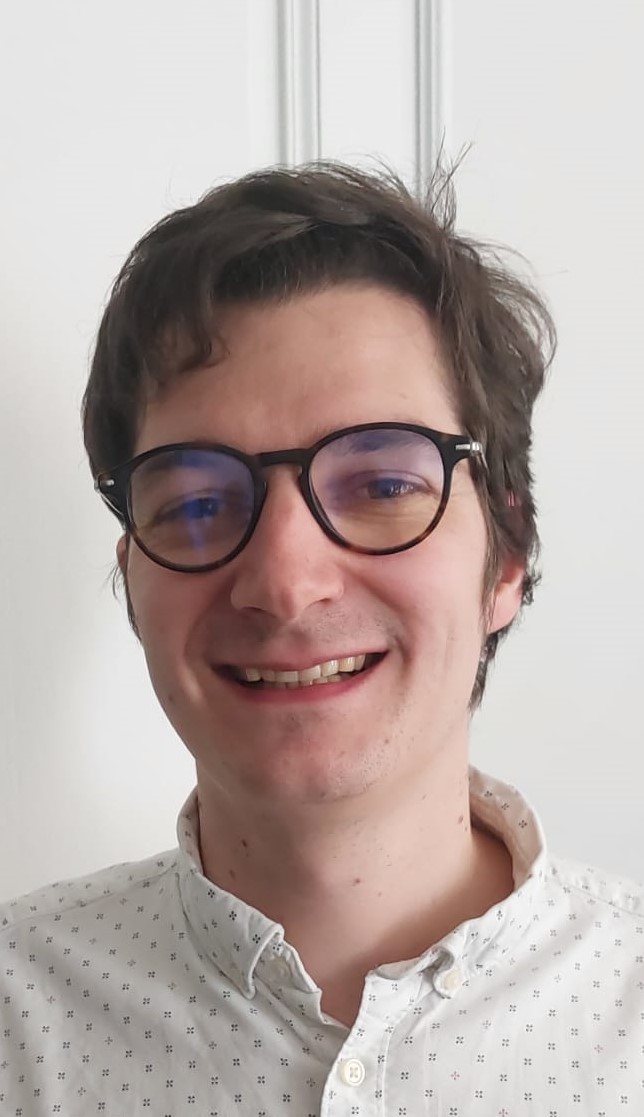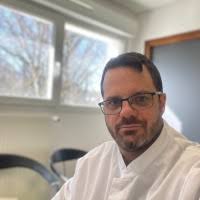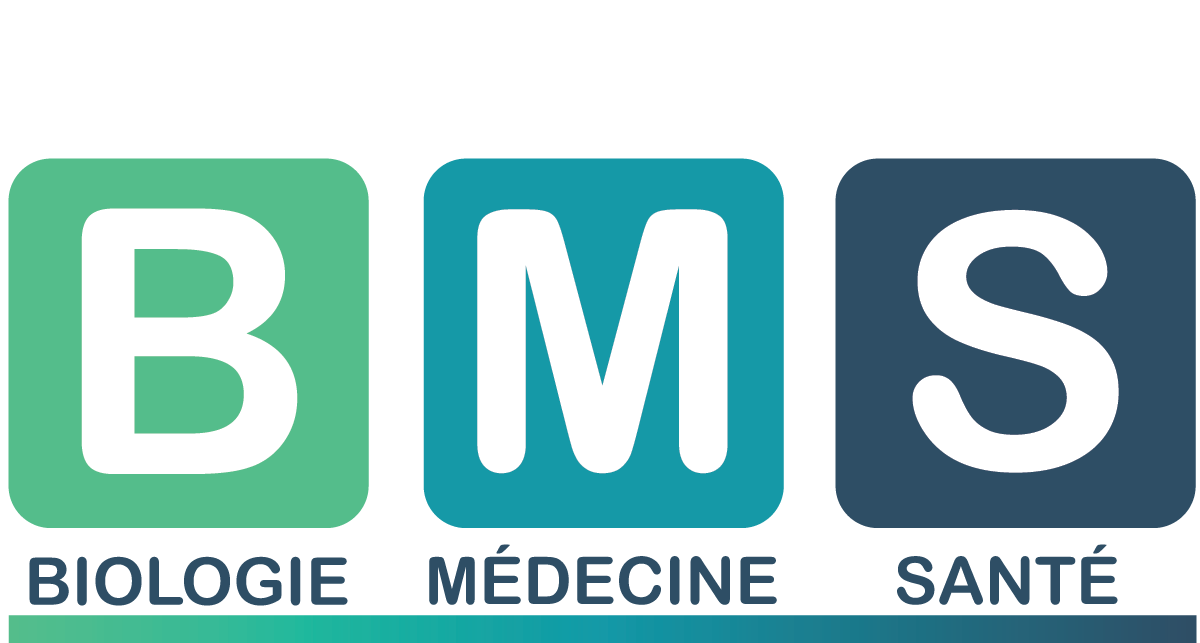Cell engineering and Immunomodulation of Inflammatory and Neoplastic Disorders
Managers: Marie-Thérèse RUBIO, Jean-Yves JOUZEAU and David MOULIN
The CImIND team aims to identify new immunomodulatory mechanisms in inflammatory and tumour diseases, with the ultimate goal of proposing innovative cellular therapeutic approaches.
Our expertise
- Cellular engineering and production of cells to clinical-grade standards,
- Development of antiviral and anti-tumor cellular therapies,
- Study of the immunomodulatory effects of mesenchymal stem cells in sepsis and malignant hematologic disorders,
- Investigation of mechanisms (particularly immunometabolic) for modulating chronic inflammation,
- Development of new therapeutic approaches for malignant hematologic disorders and graft-versus-host disease,
- Immunogenetics

Flow cytometry

Single-cell
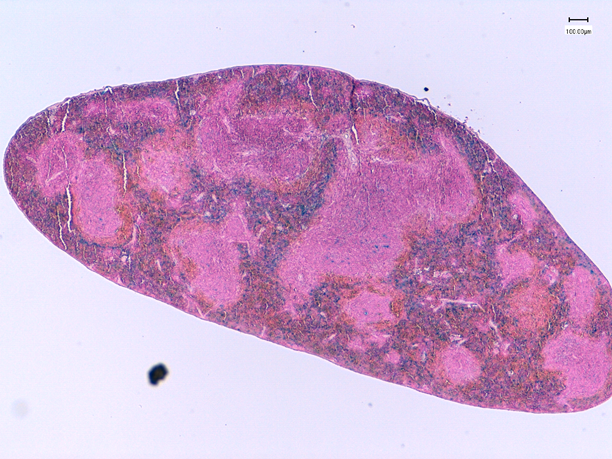
Animal experimentation

Cell culture
Research axis
Our team, with a strong translational focus, is interested in studying cellular immunomodulation in inflammatory and neoplastic contexts along two major, interconnected lines :
Axis 1: Immunomodulatory and Immunogenetic Mechanisms in Chronic Inflammatory and Neoplastic Diseases
This area aims to deepen the understanding of immune regulatory mechanisms in chronic inflammatory and neoplastic diseases.
In rheumatoid arthritis, psoriasis, and systemic lupus erythematosus, we study the effects of metabolic modulation of innate immune cells on the regulation of immune responses.
In the context of neoplasms, we explore the immunomodulatory mechanisms of the bone marrow microenvironment, particularly through mesenchymal stromal cells, and characterize at the molecular level the T-lymphocyte response (T-cell repertoire and HLA) in patients with malignant hematologic disorders. The goal is to understand the mechanisms by which tumor cells evade immune surveillance.
Axis 2: Cellular Engineering and Immunotherapeutic Mechanisms
In this area, we are developing innovative cellular immunotherapy strategies for autoimmune and neoplastic diseases. The cell types used include:
- Mesenchymal stem cells (MSCs) used as immunoregulatory cells in sepsis and graft-versus-host disease following allogeneic hematopoietic stem cell transplantation,
- Virus-specific T lymphocytes (VSTs) used to treat viral infections in immunocompromised patients,
- Myeloid-derived suppressor cells (MDSCs) used to induce tolerance in hematopoietic stem cell transplants,
- NK cells, invariant NKT lymphocytes, and T cells genetically modified to express a chimeric antigen receptor (CAR) as anti-tumor immunotherapies in malignant hematologic diseases and solid tumors.

Team members
Last publications
Funding





















